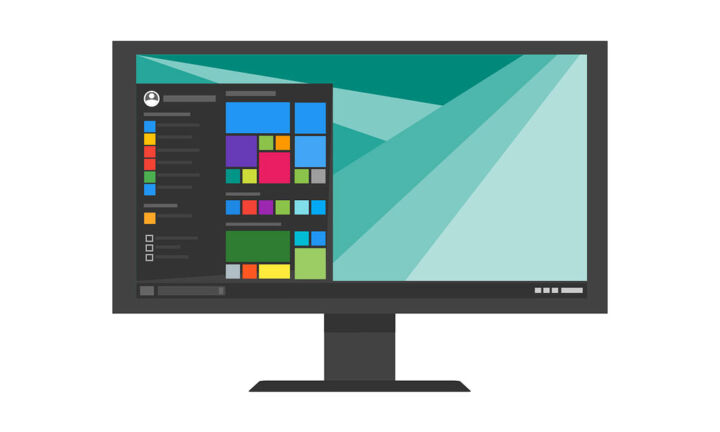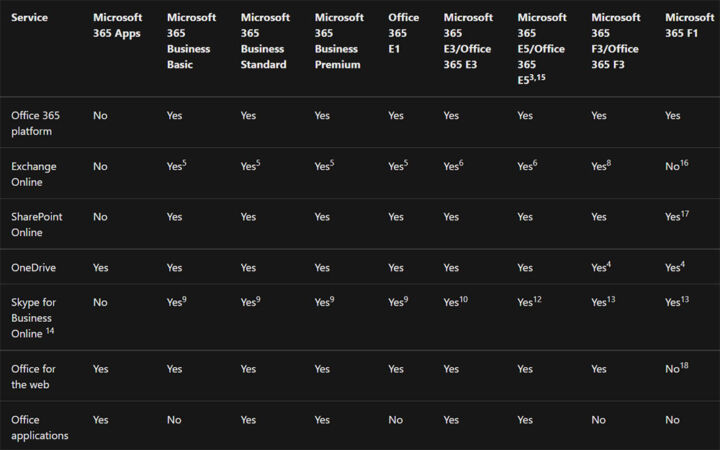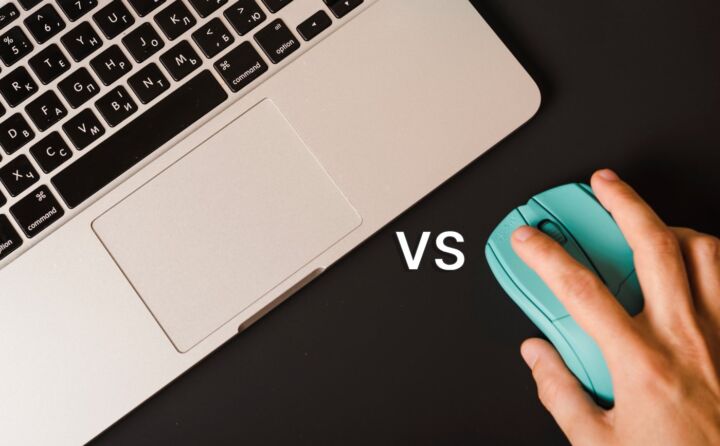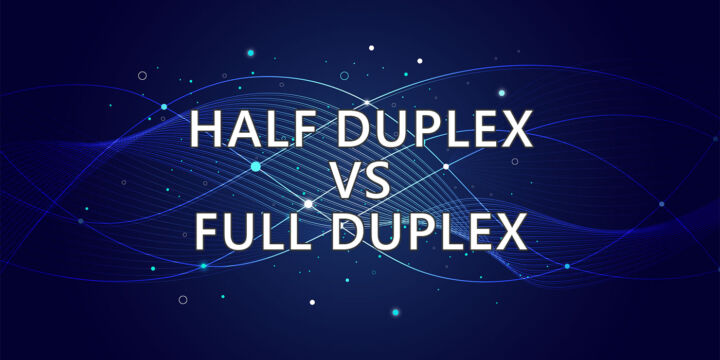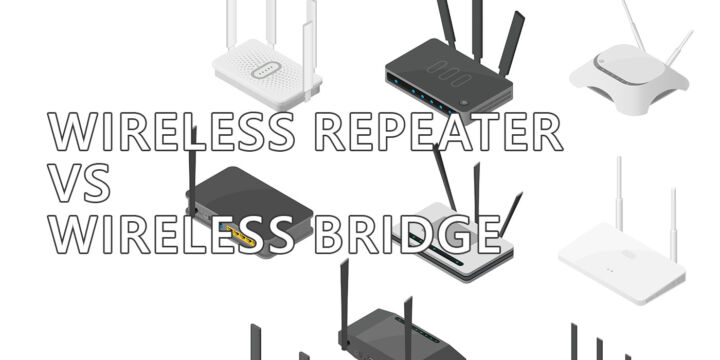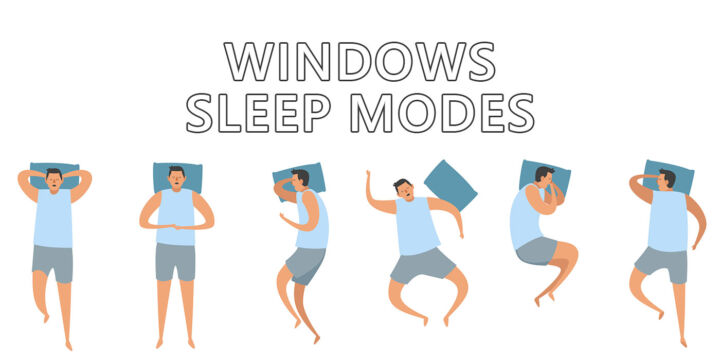- There are more Microsoft Office editions and versions than you can count prime numbers.
- Not all Office editions are the same, actually, they’re quite different.
- Read on to find out the options available for Home, Business, and the Enterprise sector.
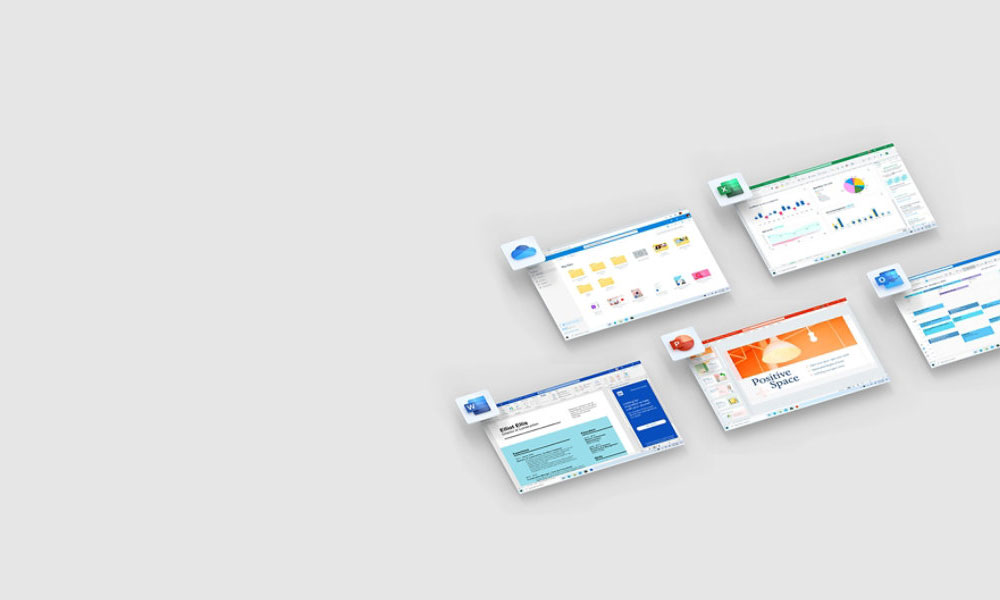
Microsoft licenses are only surpassed by Office editions when it comes to complexity. I wish I was joking, but that’s not the case. It really is hard to figure out what edition to chose, what you get, what’s missing, and why on earth you need to pay double or triple for what looks like pretty much the same thing.
I’ll try and keep things short, as short as I can, but there will be lots of comparison tables and links to Microsoft’s own website to help you figure out more. I intend to keep this article brief and to the point, but I’m not sure that’s even possible with a subject as complex as Office suite editions.
Important: you may see Microsoft 365, then Office 365, and think they’re different beasts, but in fact Microsoft just renamed their beloved suite, for some reason. The official Microsoft website still mentions both here and there, which doesn’t help with the confusion. Don’t worry, they’re the same thing.
CONTENTS
Stand-Alone Editions of Office
Believe it or not, you can still purchase a stand-alone version of Microsoft Office. You won’t get all the cloud features, of course, but for most people, the premium Office apps are enough. I personally only use Word, Excel, and Powerpoint.
Pros and Cons of Stand-Alone Office
The main advantage is that you pay once, not every month/year. The price is higher than a one-year subscription, you can only install the apps on one device, but it’s a retail license.
What it means is that you can move it to another device since the license is tied to the hardware, while all the subscription-based Office plans are tied to your Microsoft Account.
Also, keep in mind you won’t get feature upgrades, just security upgrades. Other subscription-based Microsoft Office 365 plans get the latest features every time a new version becomes available
You’ll notice the premium apps mentioned below. These are the desktop install versions for PC and Mac. Some subscriptions only get the web and mobile app versions of Office.
| Edition | Office Home and Student | Office Home and Business | Office Professional |
| Subscription type | One time purchase | One time purchase | One time purchase |
| Installation | 1 PC or Mac | 1 PC or Mac | 1 PC or Mac |
| Free support | 60 days | 60 days | 60 days |
| Licensing | Home use | Home and Commercial | Home and Commercial |
| Premium apps | Word, Excel, PowerPoint, OneNote | Word, Excel, PowerPoint, OneNote, Outlook | Word, Excel, PowerPoint, OneNote, Outlook, Publisher, Access |
Microsoft 365 for Home Editions
These are the most basic subscription-based version of Office. You can tell by the 365 words in their name. They offer more features than the stand-alone one-time-purchase version.
They are tied to your Microsoft account, so you can manage online the devices it’s being installed on (you will need to remove old devices if you reach your quota).
The apps will be updated to the latest feature set each time a new version is launched. They’re are not a good option for businesses since the license is only for home use.
You’ll notice the person mentioned below. It means one Microsoft account with the apps being installed on a desktop, tablet, laptop, and phone.
| Edition | Microsoft 365 Personal | Microsoft 365 Family |
| Subscription type | Monthly/Yearly payments | Monthly/Yearly payments |
| Installation | 1 Person | 2-6 People |
| Cloud space (OneDrive) | 1 TB/person | 1 TB/person (6 TB max) |
| Free support | Ongoing | Ongoing |
| Licensing for use | Home use | Home use |
| Premium apps | Word, Excel, PowerPoint, OneNote, Outlook | Word, Excel, PowerPoint, OneNote, Outlook |
| Extra | Editor (spell checker) |
Microsoft 365 for Business Editions
For small and medium businesses, up to 300 users, there are different plans, which include more premium apps and extra features tailored to corporate needs.
You can also use your own domain name for the Exchange email server mailboxes.
| Edition | Microsoft 365 Business Basic | Microsoft 365 Apps for Business | Microsoft 365 Business Standard | Microsoft 365 Business Premium |
| Subscription type | Annual payments per user | Annual payments per user | Annual payments per user | Annual payments per user |
| Free support | Ongoing | Ongoing | Ongoing | Ongoing |
| Licensing | Commercial | Commercial | Commercial | Commercial |
| Cloud space (OneDrive) | 1 TB | 1 TB | 1 TB | 1 TB |
| Mailbox | 50 GB | 50 GB | 50 GB | 50 GB |
| Premium apps | Only web and mobile versions | Word, Excel, PowerPoint, OneNote, Outlook, Publisher, Access | Word, Excel, PowerPoint, OneNote, Outlook, Publisher, Access | Word, Excel, PowerPoint, OneNote, Outlook, Publisher, Access |
| Each user can install | – | Up to 5 PCs or Macs | Up to 5 PCs or Macs | Up to 5 PCs or Macs |
| Features | Teams, Exchange, OneDrive, SharePoint | – | Teams, Exchange, OneDrive, SharePoint | Teams, Exchange, OneDrive, SharePoint, Intune, Azure Information Protection |
Microsoft 365 for Enterprise Editions
Since most people won’t be needing to choose an Enterprise license I’m going to mention these only briefly. You’ll need to commit to over 300 monthly users, so probably your IT department will handle everything for you.
On top of all the Microsoft 365 Business features, you get larger mailbox options, access to Microsoft Bookings, Yammer, Lists, Forms, Stream, Sway, Power Apps, Power Automate, Power Virtual Agents, Planner, MyAnalytics, and Power BI Pro.
Device management and security are on a completely different level, with Microsoft 365 Admin Center, Intune, Azure Active Directory, and other features that I have no clue what they actually do.
A lot more details are available here (enterprise tiers) and here (enterprise tiers).
Other articles you may want to take a look at:
I didn’t include in this article Education and Government plans, since you can’t choose them unless you’re in these specific situations. Also, someone else will choose for your, most likely.
Anyway, I do hope this article will help you decide which edition of Microsoft Office to purchase. I’m on Office Professional 2019 right now, but I’m planning on switching to a smaller Business plan since it’s better geared for my small business. Time will tell if that’s a wise choice.
What about you? Are you using Office or another compatible suite, like Google’s own online apps? How is it working for you?
Did you know you can get Microsoft Office 365 completely free? Read the article to find out how and what limitations you can expect.
